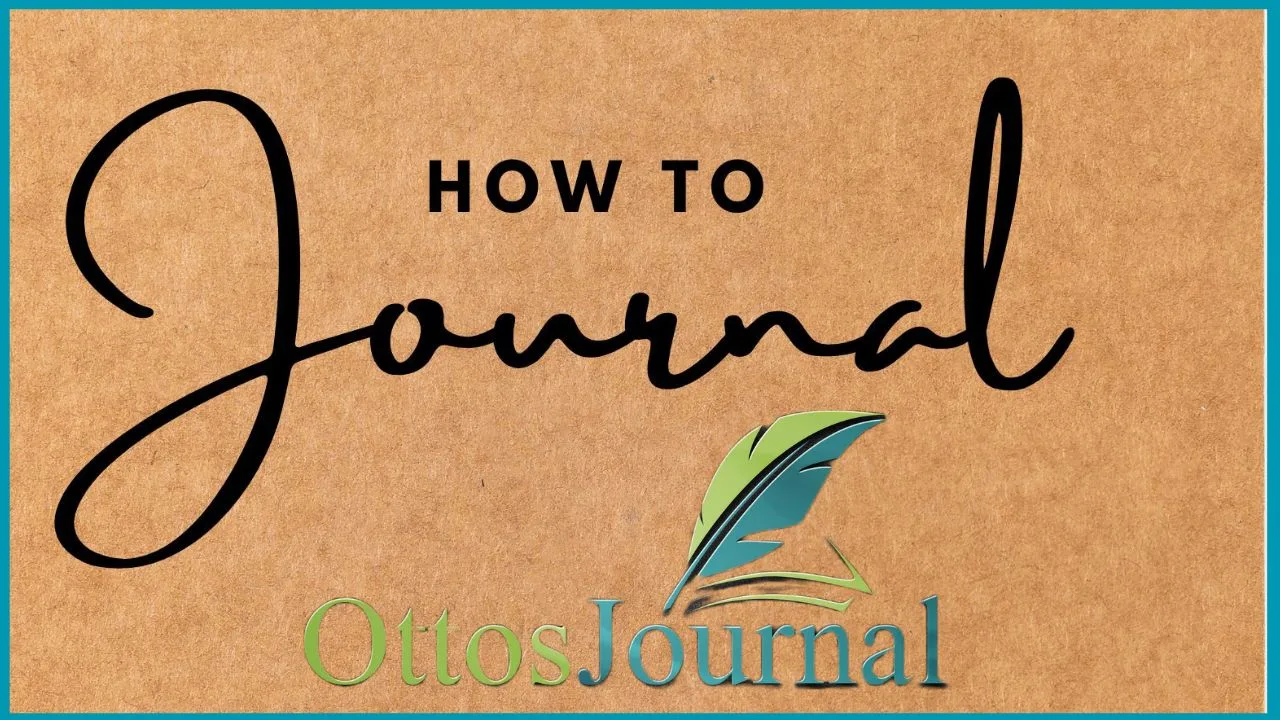Journaling can be a powerful tool to help manage anxiety. Writing down your thoughts and feelings can help you identify patterns in your behavior, gain insight into why certain situations trigger anxiety or fear and create tangible solutions that can reduce the intensity of anxious feelings. It also allows for a safe space to express yourself without judgment or criticism from others. So how can journaling help with anxiety? In this article, we will discuss the many emotional health and mental health benefits that journaling can provide for those struggling with anxiety disorders.
Key Takeaways:
Here is how journaling can help with anxiety;
- Identifying Triggers
- Stress Management
- Emotional Regulation
- Releasing Emotions
- Self-Awareness
- Coping Strategies
- Improved Sleep
- Improved Mood
- Positive Reflection
- Increased Self-Esteem.
How can journaling help with anxiety?
Identifying Triggers
Writing down your thoughts and feelings in online positive affect journaling about a certain situation or stressful events can help you identify potential triggers for anxiety or fear. This allows you to make conscious decisions about how to react to situations in the future.
Stress Management
Expressive writing is a great way to clear your mind of negative emotions or anxious thoughts, which can lead to decreased mental distress and reduced elevated anxiety symptoms.
Emotional Regulation
Writing down your feelings and experiences allows you to take a step back from the situation and gain perspective, helping you regulate difficult emotions.
Releasing Emotions
Journaling is an especially helpful tool for those struggling with intense or overwhelming emotions, as it provides a safe place to express yourself without judgment or criticism from others.
Self-Awareness
Writing down your thoughts and feelings can help you gain insight into why certain situations trigger anxiety or fear, allowing you to become more aware of your actions and reactions.
Coping Strategies
By writing down thoughts and feelings, any person or general medical patients can create tangible solutions that can help lessen the intensity of anxious thoughts and feelings in the future.
Improved Sleep
Anxiety journaling before bed can be a great way to relieve stress and quiet the mind, which can lead to improved sleep and various physical health benefits.
Improved Mood
Journaling can help to regulate negative emotions and improve your overall mood.
Positive Reflection
Writing down positive experiences, thoughts, and feelings can help create a more optimistic outlook on life, allowing you to focus on the good instead of the bad.
Increased Self-Esteem
Writing down positive experiences and accomplishments can help you build your self-esteem and confidence, which is essential for reducing anxiety.
How to start a journal for anxiety?
1. Choose the Right Journal
Start by picking out a journal that fits your needs and personality. Make sure it’s one you are comfortable carrying around with you, in case you want to write on the go.
2. Set Goals for Your Journaling
Decide what kind of goals you would like to accomplish with your gratitude journaling practice. Do you want to gain insight into your triggers or become more mindful? Setting specific goals can help keep you focused and motivated.
3. Create a Writing Schedule
It’s important to create a regular writing schedule that works for you. You can choose to write daily, weekly, or monthly to track your progress and make sure you are staying consistent.
4. Get Comfortable
Make sure you’re in a comfortable position when writing so that your body can relax and enjoy the process. Try to find a quiet space where you won’t be disturbed or distracted.
5. Write Your Thoughts and Feelings
Start by jotting down your thoughts and feelings as soon as they come to mind. Don’t worry about grammar or spelling, just write whatever comes naturally.
6. Identify Potential Triggers
Once you have written down your thoughts and feelings, take some time to identify any potential triggers that could be causing anxiety or fear. This will help you become more aware of situations that could lead to anxiety in the future.
7. Create Solutions
After identifying potential triggers, brainstorm some solutions that can help you manage anxiety or fear in the future. This could include positive self-talk, deep breathing exercises, or other coping strategies.
8. Reflect on Your Progress
Once you have written down your thoughts and feelings, take some time to reflect on your progress. This can help you stay motivated and focused on your goals.
9. Be Patient
Remember to be patient with yourself as you start your journaling journey. It takes time for the benefits of journaling to become apparent, so don’t give up if it feels difficult or overwhelming at first.
35 anxiety journal prompts
1. What are some of my biggest fears?
2. What triggers my anxiety most often?
3. How do I typically react to anxious thoughts and feelings?
4. What activities help me relax when I am feeling anxious?
5. Who in my life can I turn to for support when I’m feeling overwhelmed?
6. What are some positive affirmations that I can tell myself to help reduce anxiety?
7. How has my anxiety impacted my life in the past?
8. What steps can I take to challenge anxious thoughts and feelings?
9. What do I need most right now to cope with my anxiety?
10. How can I create a safe space for myself to express my emotions?
11. What makes me feel confident and secure in difficult situations?
12. How have I overcome anxiety in the past?
13. What are some small steps I can take to reduce anxious feelings?
14. When do I feel most capable of facing my fears?
15. What can I do to better manage mental distress and anxiety?
16. What helps me feel connected when I’m feeling overwhelmed?
17. What are some of the things that make me feel content and at peace?
18. What activities help me gain perspective on difficult emotions and experiences?
19. How can I create a positive mindset when my anxiety feels overwhelming?
20. What do I need to remember when anxious thoughts arise?
21. How can I practice self-care regularly?
22. What helps me show compassion and understanding for myself?
23. How can I be kinder to myself during difficult times?
24. What are some of the positive aspects of my life that I can focus on?
25. What do I need to remind myself when the anxiety is taking over?
26. What are some strategies for reducing stress levels?
27. How can I find joy in moments of anxiety and fear?
28. How has journaling helped me gain insight into my anxious feelings?
29. What motivates me to keep moving forward despite my anxiety?
30. How can I use writing to express emotions that I struggle to communicate verbally?
31. What has been the most helpful coping strategy for me so far?
32. What are some of my biggest successes when it comes to managing anxiety?
33. What are some positive changes I have made to better manage anxiety?
34. What do I need to keep in mind when it comes to my mental health?
35. How can I stay connected with the people who support me during difficult times?
Bottom Line
Journaling can be a powerful tool to help manage anxiety. By writing down your thoughts and feelings, you can gain insight into potential triggers, create solutions for managing anxiousness, and find support through positive reflection.
When starting a journal for anxiety, make sure to pick out the right journal that fits your needs and personality.
Set some goals for yourself and create a regular writing schedule that works for you. Finally, remember to be patient with yourself and make sure to practice self-care throughout the journey.
With these tips and journaling prompts in mind, you’ll be well on your way to reducing anxiety and improving your mental well-being through the power of writing.





